Social media has been incorporated into nearly all areas of our life, with health and wellbeing information prevalent on all platforms. This content can take the form of messaging being directed towards us, such as posts and ads that comprise government health campaigns, or marketing messages to do with wellness and fitness for example.
This is a more broadcast style of information dissemination, and is not as engaging as a more interactive mode where two way communication and community building is possible. (Heldman et.al 2014). This more interactive mode of social media can take the form of the shared experiences inside support groups on sites such as Reddit, or can be demonstrated as influencers sharing their health journeys on Instagram, TikTok or Facebook.
While the government related communication is backed up with medical expertise and data, there are limited guidelines and very loosely enforced standards on social media platforms as to the validity of information being shared.
Social media can be a place where misinformation around specific diseases or conditions can be easily spread, as we have seen with a proliferation of vaccine disinformation on sites such as YouTube (Tang et.al 2021). Some social media platforms, such as Twitter have even resorted to censoring tweets and labelling certain tweets directly as misinformation in order to counteract the negative public health consequences (Niemiec 2020).
Is it all social media health information negative?
While we have demonstrated that social media interactions in relation to health related issues do have the possibility for negative consequences, there are a number of positive ways people can use social media to support their health issues, via participation in public health communities.
These communities can spontaneously emerge from people with real concerns and a lack of available public information. This is especially true of new and not quite understood medical conditions, such as those suffering from the lingering long term effects of Covid-19 many months after infection. This term, defined by the community and some health practitioners as “Long Covid” has a number of support groups on Reddit, with thousands of daily interactions (Charee et al, 2021). Information that is gained in forums such as these however should still be fact checked and verified if possible.
So where can I find reliable health information?
The best source of health information remains authentic government sources, as in most cases the intention of the government or a health organisation when publishing health related information on social media is generally to improve the health and wellbeing of individuals, based on best practice medical and scientific data.
REFERENCES
Heldman, A Schindelar, J and Weaver J 2013, ‘Social media engagement and public health communication: Implications for public health organisations being truly social’ ,Public health review, vol 35, no. 13,
Niemiec E 2020, COVID‐19 and misinformation,EMBO reports, 2020-11-05, Vol.21 (11), p.n/a
Tang L, Fujimoto K, Amith M T, Cunningham R, Costantin, R A, York F, Xiong G, Boom, J A, Tao C 2021, Down the Rabbit Hole” of Vaccine Misinformation on YouTube: Network Exposure Study. Journal of medical Internet research, 2021-01-05, Vol.23 (1), p.e23262-e23262
Thompson C, Rhidenour K B, Blackburn K G,. Barrett A K , Babu S 2021,Using crowdsourced medicine to manage uncertainty on Reddit: The case of COVID-19 long-haulers, Patient Education and Counseling, 2021
IMAGES
Glorify, Healthcare Social Media Marketing: How to use Social Media in Healthcare ,<https://www.glorify.com/learn/social-media-in-healthcare/>, viewed 14/9/2021
Henrique R, Reddit has rejected a call from moderators to take a harsher stance against coronavirus misinformation., <https://helios-i.mashable.com/imagery/articles/028yzV9Woh9mijUsJ4XVYUy/hero-image.fill.size_1248x702.v1629985811.jpg>, viewed 14/9/2021
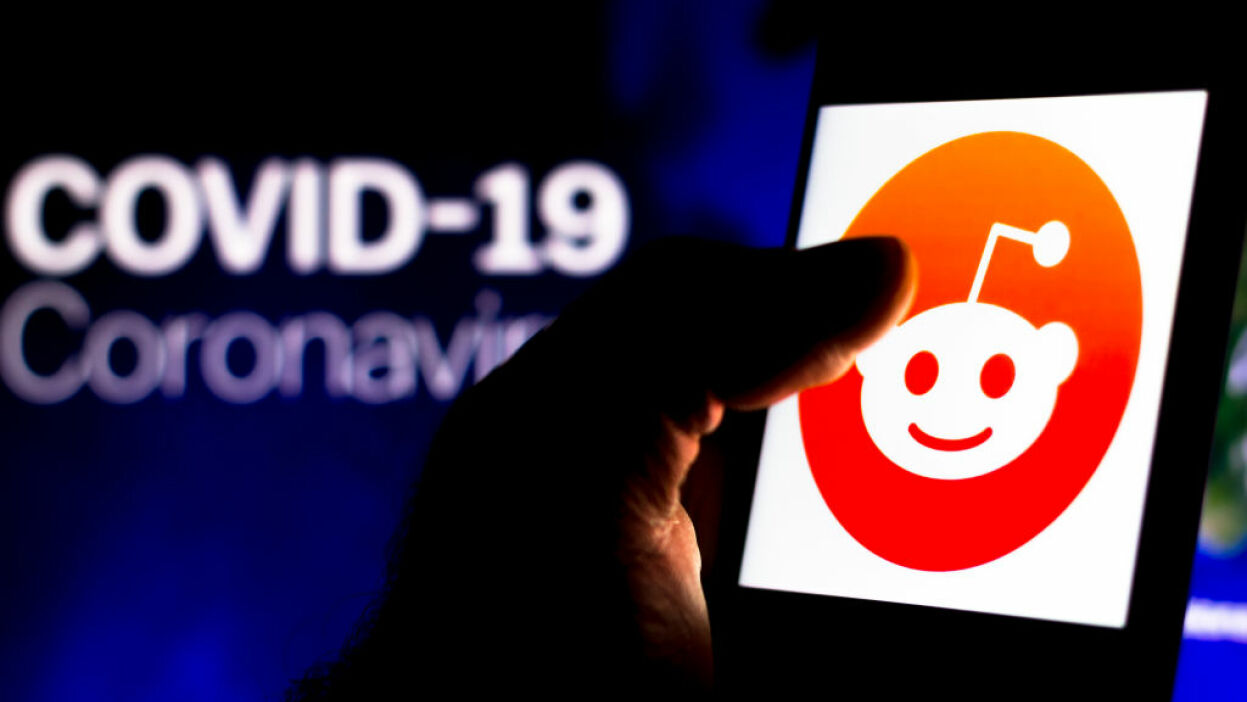
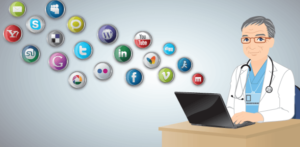
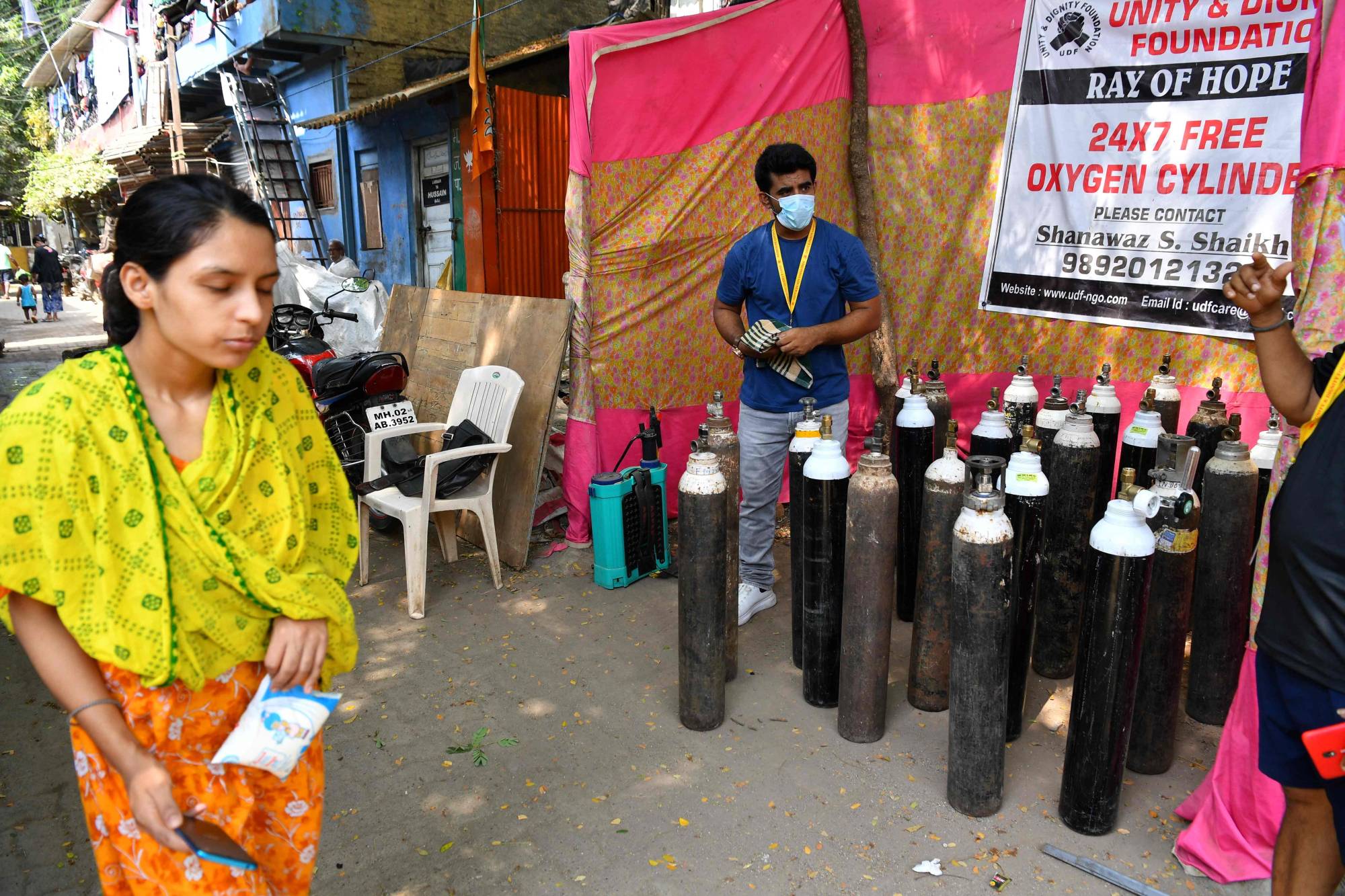

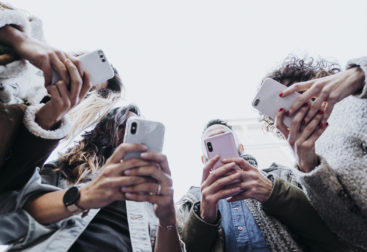
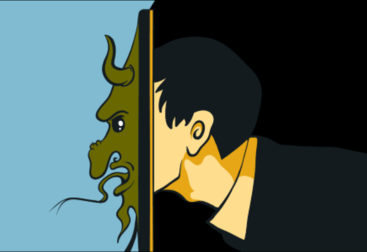
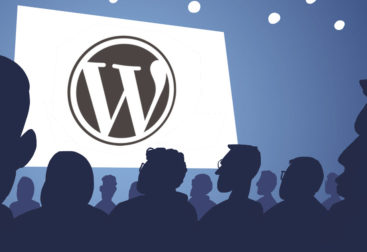
Hi Steve,
Great work on this post! It’s been interesting to see the amount of health information across social media platforms since the pandemic began, whether that’s accurate, credible, medical information from health organisations or medical professionals, or complete misinformation.
I think it’s great that sites like Instagram, Twitter, TikTok, and Facebook, just to name a few, have been labelling any vaccine or COVID-19 information with a disclaimer and a link to actual credible sources. For example, the Facebook/Instagram COVID-19 Information Centre is a great resource (https://about.instagram.com/blog/announcements/continuing-to-keep-people-safe-and-informed-about-covid-19). It really helps to combat the spike in misinformation that we’re seeing.
The various Reddit and Facebook support groups for ‘Long Covid’ is also a great example of how social media has become an amazing, honest place to talk to others experiencing similar symptoms – Especially since it’s so new and there’s very little information about the illness!
Well done again, Steve – I can’t wait to read your next post. 🙂
Hi Steve,
This was such an interesting piece. I especially enjoyed reading it as my own blog post argued the exact opposite, with yours taking a view of social media having a somewhat positive effect on health issues and information available to us, compared to my post which argues that social media allows for self diagnosing. Although at the end of the day we both agree that for proper medical treatment one should always seek the advice of a medical professional.
I also like how you spoke about ‘long covid’ and the side effects, or long lasting symptoms people have reported about having once getting COVID 19, it made the positive effect of social media on medical advice/information clear. However, I would also argue, it allows for covid misinformation to spread much easier, one example I can think of is that the Pfizer vaccine ‘makes your breasts grow’, that was a common misconception which was being shared around social media, in particular on TikTok.
Overall, I really enjoyed reading this piece and your writing was extremely professional. Amazing job!
– Desi
Hi Steve, a very informative blog. I really like how you concluded with practical guide for people to find reliable information. As per our discussion on the discussion board, verifying information on social media can be a challenge. It also takes a concerted effort to not be trapped in an echo chamber!
Thank you for sharing!
Hi Steve, a very informative blog. I really like how you concluded with practical guide for people to find reliable information. As per our discussion on the discussion board, verifying information on social media can be a challenge. It also takes a concerted effort to not be trapped in an echo chamber!
Thank you for sharing!
Hello Steven,
Thank you again for the informative read!. I really like how you covered the positive and the negatives of health awareness being using on social media platforms.
It was very nice to see you cover Reddit as a social media platform for health awareness as Reddit is more of a forum for niche topics , which some people like myself find to be more trusting.
Hi Steven,
Enjoyed reading your piece and agree with the misinformation being shared around as me and my friends earlier in the pandemic would get into debates about certain factors to do with covid 19 etc, well done!